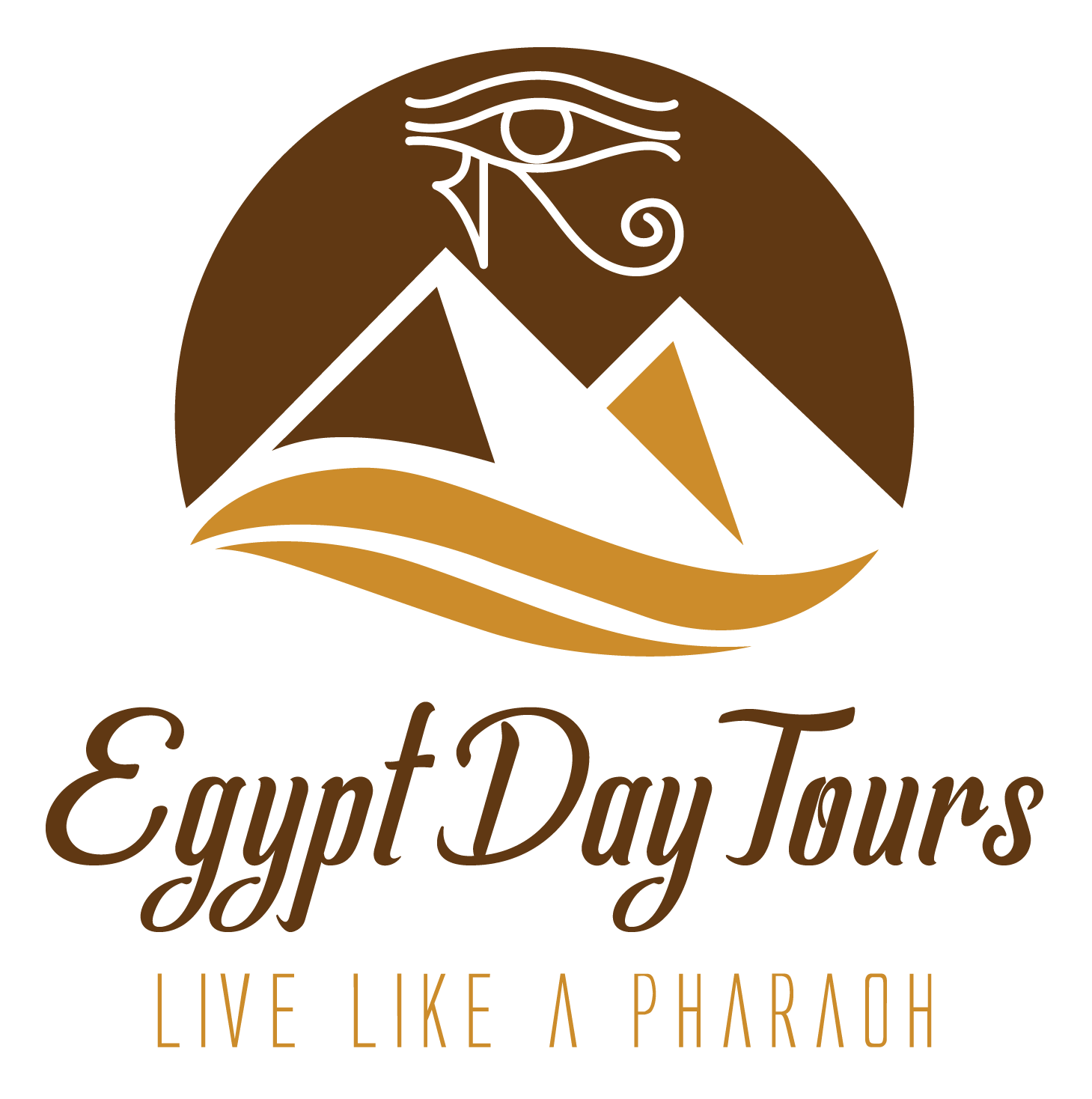What to Buy in Egypt as souvenirs ?
You will Get the best answer for this question with Egypt day tours today When it comes to shopping no one dislike like it we all love shopping but it’s different in Egypt because in Egypt you will find many of hand made products made by locals in Egypt you will find products well known in Egypt since the ancient Egyptian time you will find whole villages based on making a single handmade products . Egypt is very famous since the ancient of making it and when you buy souvenir you just not buying any product you actually take a piece of the land with you to cherish all your life.
( Papyrus you will find many institutes and shops all over Egypt selling this product only )
Papyrus
Its was so popular during the ancient Egyptian time as it was the one and only type of paper back then and the ancient Egyptian used it to document pretty much everything along with the carving in the stones but it was easy to store and to carry from place to another but that wasn’t the only use for it the ancient Egyptians used in many other industries such as ( making rope , baskets , sandals and also they used during the mummification process and to write religious texts and bury it with the dead ) Nowadays you will find a breathtaking panting made out of it .
Perfume
Perfume in the ancient Egyptian time and Nowadays
The ancient Egyptians loved the good aromas to have a pleasant, sweet smell it was something really important to them they used it during the daily life and also during the mummification process it was something essential for them .the ancient Egyptians was famous of ( almond oil , lavender , rose and many other fragrances ) they also used it to cure some diseases until today the perfume got the same use and you will find a lot of shops for it and you will enjoy this experience to the limit
Cotton closes
Egypt is well none of the finest cotton since the ancient time until today you will find many products mad out of it ( T-shirts – hates and much more )
That’s not everything in Egypt also you will find amazing jewelry made out of ( Gold – silver – Precious stones and more you will also find handmade arts made out of ( copper plates – statues – carved wood and stones you will be amazed of what you going to find the idea of walking in old market or souq itself shall take your breath away.
Cairo City and Shopping tour
